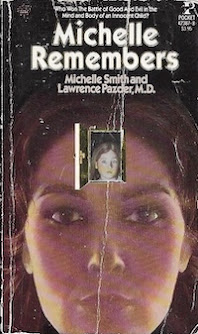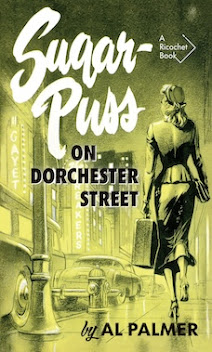Elinor Glyn
London: Duckworth, 1913
312 pages
Those character descriptions of Sir Hugh Dremont and Guinevere come from Dame Barbara herself. I must read it, if only to learn Guinevere's surname.
 |
| New York: Appleton, 1913 |
 |
| Frontispiece to the Appleton edition. |
It seemed incredible that such an almost grotesque arrangement of coiffure should adorn the head of a man in modern evening dress. It should have been on some Byzantine saint. However, there he was, and entirely unconcerned at the effect he was producing.
Can 'The Irtonwood Ghost' be considered in any way Canadian? I say yes. Elinor Glyn came to Canada at two months of age and left as a nine-year-old. Those are formative years, right?
The closer, 'Fragments,' concerns an unnamed woman married to Ernest, a man made invalid by war. It is either Glyn at her most experimental or nothing more than notes being passed off as a short story.
I think 'Fragments' is the only one of the five to have a sad ending, though I may be wrong. In the course of its twenty pages, the wife falls in love with able-bodied landowner and dog breeder Sir John Harrington, and he with her. Neither act on that love out of deference to Ernest. The story ends with the wife arriving home one day to find her husband dead. Could it too be a happy ending? After all, Ernest is no longer suffering, and his wife is now free to be with Sir John.
That the ending is so very predictable reflects on Glyn's chief flaw as a storyteller. Once set in motion, her plots follow the simplest course toward a happy conclusion. There is conflict to be sure, as expected with matters of the heart, but there are no obstacles of any significance.
Each story ends with every character happy or at the very least satisfied, the exception being Ambrose Duval of 'The Irtonwood Ghost.' Esther Charters ends up with the lost marriage certificate, not him. On the other hand, Duval is allowed to escape, which must have made him happy.
Even Eustace Medlicott of The Point of View is happy, despite losing his charming fiancée to a Russian count. Bonus: Reverend Medlicott is free to maintain his life of celibacy.
Soon to become ghosts themselves, perhaps.
I purchased this copy, a first edition, earlier this year from an Edinburgh bookseller. Price: £15.
Access: A Quebec bookseller is offering a "Very Good" copy of the Duckworth edition for US$30.00, while another in New York State has listed the same in perhaps lesser condition at US$65.00. Both have blue boards, which I can only assume is a variant.
Half Bound. Condition: VG. 271 pages in very good, clean condition; edges a little yellowed. Marbled endpapers. Half bound with brown leather over marbled boards. Gilt titles and decoration on the spine. Light scuffing on the leather and boards. Edges rubbed. Corners not bumped. VG Size: 4 1/2 x 6 1/2.Sounds intriguing.
The Duckworth edition can. be read online here thanks to the Internet Archive.
The Point of View was published in 1913 by Applewood and Authors' Press, then never again. As I write, two online booksellers are offering jacketless copies of the latter online at US$4.50 and US$5.00, but at US$10.00, the copy to buy is this Appleton first:
Sure, that's more than 50¢, but it has a dust jacket. And doesn't it sound spicy?
Freedom to Read Week: The Police Raid Britnell's
Guelph: City of Galt, Gay, Glyn, Graves, and Girdles
Three Weeks a Lady








































.jpg)









